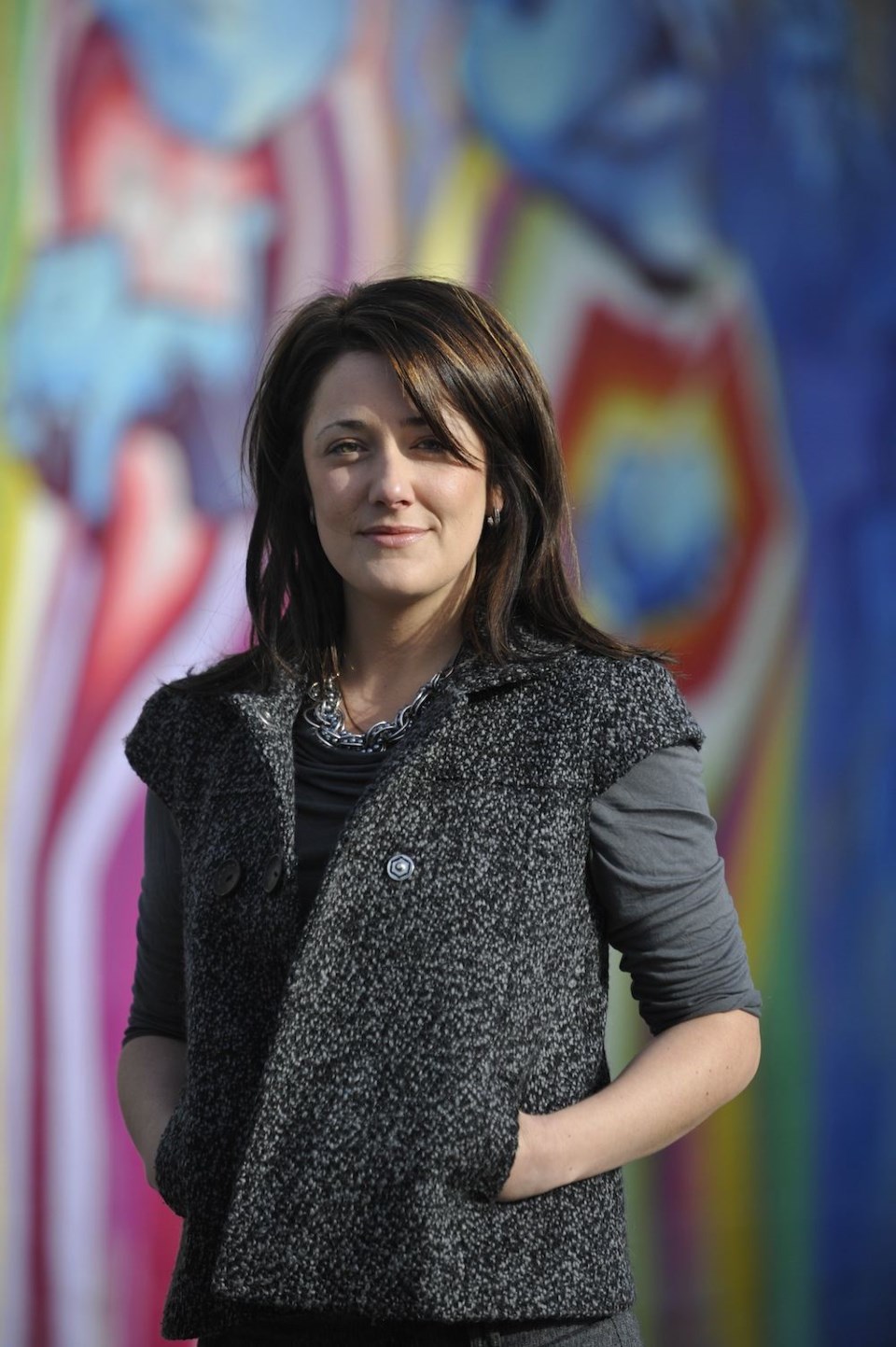After five years studying health sciences concepts and procedures in the classrooms of UNBC, Virginia Russell has wasted no time putting that knowledge to work in remote rural northern B.C.
Just three months into her new job multitasking as a mental health counsellor in the tiny First Nations village of Tsay Keh Dene, Russell is already making a difference in improving the lives of her clients.
Word of her accomplishments in the fields of social justice, indigenous health and women's issues has trickled all the way to the Premier's office, and that has earned Russell recognition as winner of a BC Community Achievement Award, to be presented April 25 in Victoria.
In all her studies, Russell says nothing could prepare her for the human element of her job and her connections with people who have been touched by HIV and AIDS. The Public Health Agency of Canada reported in 2006 that 22 per cent of new HIV-positive tests and 16.2 per cent of new AIDS cases were aboriginal, yet aboriginal people make up only 3.3 per cent of the Canadian population. The findings of that study and that of the Cedar Project, which compared the rates of HIV and hepatitis C in aboriginals in Prince George and Vancouver, highlight the need for the harm reduction strategies Russell is now promoting.
"It really took me off guard to hear the amount of people of people living with HIV," said Russell. "It's more of a problem than I ever thought it was before I was working in frontline and doing data collection. Up north, there's a lack of access to health care -- we have one [doctor] come in once a month -- and there's also lack of access to antiretroviral medication [ARVs] and information and education surrounding ARVs. There are lots of barriers to care.
"Why do First Nations people have a higher rate? You have to look at the role of food security or even housing security on clinical outcomes. They face multiple barrier accessing health care and racism and a huge one is poverty. If you can't afford to eat properly you're going to be sicker."
After completing her masters studies in community health sciences at UNBC in 2011, Russell took on a six-month project at the BC Centre for Excellence in HIV/AIDS, which led to her current position in the Tsay Keh Dene village near Fort Ware, an eight hour drive northwest of Prince George.
"Right now I'm part of a community health and wellness team and they hired me as a mental health counsellor but I'm doing multiple jobs - so I'll be counselling one hour, then doing grief and loss stuff with kids the next day and then the next day doing HIV education workshops with women," said the 30-year-old native of Terrace. "Every skill that I developed at UNBC is utilized in my job. That goes from grant-writing to educating women about cervical health."
Russell's masters studies were funded by the BC Cancer Agency to promote a cervical cancer awareness program, using art workshops to connect with sex trade workers in downtown Prince George.
"There are colour triggers and image triggers and lots of different ways of using art as a means of communication or understanding somebody's story better, you can tell a lot from art," said Russell, UNBC's alumni of the year in 2011. "Creativity spawns healing and a lot of the people I work with are in the process of healing or want to heal. Art helps to normalize hard-to-talk-about subjects."
Every other week, Russell commutes to Tsay Keh Dene. She also counsels inmates at the Prince George Regional Correctional Centre, and is a full-time mother of two kids, aged eight and 13. Russell was adopted, and learned of her Metis heritage four years ago while researching her family history as part of a First Nations course.
"I'm Cree, and I'm supposed to not tell anybody up north because they're all Sekani or Carrier --apparently Cree people used to come over the mountains and take their women and kill them, so I don't know if that made my connection easier or harder," laughed Russell.


